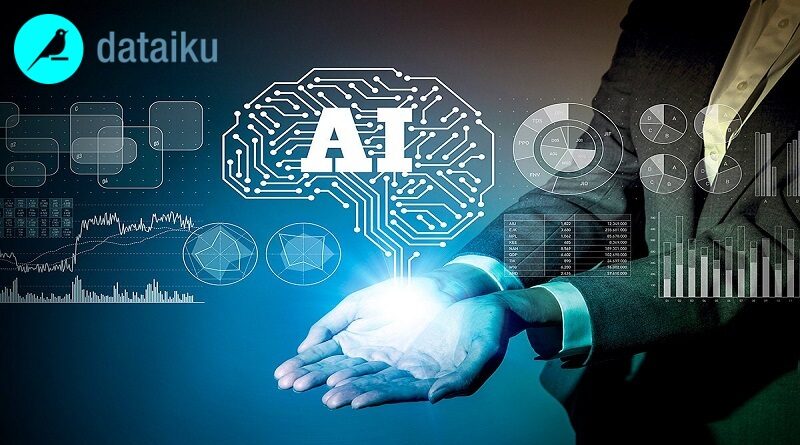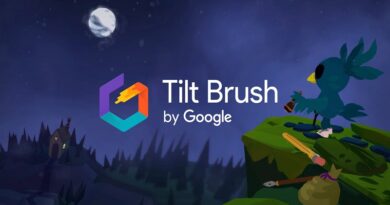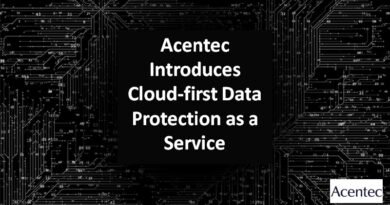Dataiku 11 Unveils Enhanced Toolset to Scale AI
Dataiku today announced Dataiku 11, a pivotal update of the company’s data science and AI platform that helps organizations to deliver on the promise of Everyday AI. This packed release provides new capabilities for expert teams to deliver more value at scale, enables tech-savvy workers to take on more expansive challenges, helps non-technical workers more easily engage with AI, and provides strengthened AI Governance to ensure projects are robust, transparent, and ready for success at scale.
Dataiku 11 builds on Dataiku’s recent market momentum, in which the company crossed $150 million in annual recurring revenue and hired tech finance veteran Adam Towns as CFO. The company now serves more than 500 enterprises globally, helping leaders from Boeing to Unilever to speed workflows, prevent customer churn, and improve financial performance.
Empowering the Expert Technical Community
In Dataiku 11, tech experts can now access expanded tools to do more and deliver more value from AI projects. Release highlights include:
- Built-in tooling for advanced users that reduces technical overhead and increases day-to-day efficiency when crafting custom code, performing model experiments, or sourcing high-quality datasets.
- An end-to-end, visual path for computer vision tasks so that advanced and novice data scientists alike can tackle complex object detection and image classification use cases, from data preparation through to developing and deploying deep learning models.
- A collaborative, managed framework for image annotation removes the need for teams to use outside tools or services for data labeling, ensuring tight alignment between subject matter experts, labelers, and modelers.
Expert data scientists, data engineers, and ML engineers are some of the most valuable and sought-after jobs today, yet all too often, talented data scientists spend most of their time on low-value logistics like setting up and maintaining environments, preparing data, and putting projects into production. With extensive automation built into Dataiku 11, we’re helping companies eliminate the frustrating busywork so companies can make more of their AI investment quickly and ultimately create a culture of AI to transform industries.” Clément Stenac, CTO, and a co-founder of Dataiku.
Collaborating With Your Skilled Workforce
Dataiku 11 also empowers non-coders including subject matter experts, citizen data scientists, and knowledge workers with easy-to-use, no-code tools that help any employee harness the power of AI to move the business forward. New tools include:
- Visual time series forecasting enables professionals to create robust business forecasting models without coding.
- A centralized feature store and new sharing workflows make it easier for teams to safely reuse work, speeding projects responsibly.
- Powerful what-if accelerators help teams evaluate the best path to optimize business outcomes. For example, what changes could a manufacturer make to factory conditions in order to achieve the maximum production yield? Or for a bank, what adjustments to a consumer’s financial profile would lead to the lowest predicted probability of their defaulting on a loan?
Expanding Confidence and Control
Dataiku 11 continues the pursuit of Responsible AI practices and AI Governance with new capabilities to help organizations manage trust and risk for their organization. Core to this expanded offering is a central registry for visibility into all types of data and analytics projects together with final sign-off prior to production. Automatic flow documentation and proactive model stress testing further strengthen AI models, instilling executive confidence in projects and building trust with data consumers and stakeholders.
Dataiku 11 takes a valuable step forward to help our organization thrive with AI and self-service analytics. They’re making AI easier to use for technical and non-technical staff alike while delivering powerful results that have a substantive effect on our bottom line. Best of all, we don’t need to hire an army of technical experts to reap the benefits of AI; instead, we’re empowering the skilled workforce we already have,” Ignacio Toledo, Data Science Initiative Lead at ALMA Observator




